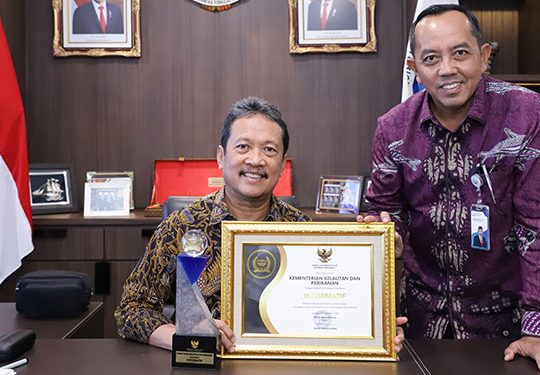This week, Indonesia announced a fresh policy reducing taxes for exporters who agree to exchange their foreign earnings into the local currency, the rupiah. The move aims to strengthen the supply of foreign currency within the nation. Beginning last year, the country required exporters, especially those in natural resources, to keep at least 30% of their revenue in local financial institutions for a minimum of three months.
The Indonesian government is eager to have these exporters convert their income into rupiah and maintain it within the country’s banking system to enhance the local availability of US dollars, especially during times of global financial constraints. However, some exporters have been hesitant to make the switch, fearing fluctuations in the exchange rate.
Under the newly issued guidelines, if exporters convert their income into rupiah, the interest earned on these deposits will now face a maximum tax rate of 5%, a decrease from the previous rate of 7.5%. Additionally, the government has expanded the types of financial instruments eligible for these tax breaks. Now, options include securities issued by Bank Indonesia (the nation’s central bank) and promissory notes from Indonesia’s Export-Import Bank.
According to Filianingsih Hendarta, a deputy governor at Bank Indonesia, this policy revision is expected to significantly incite exporters to keep their earnings within domestic channels. Before this regulation, exporters could transfer their money to local banks and then to the central bank, benefiting from favorable rates provided by Bank Indonesia.
As of now, approximately $1.8 billion to $1.9 billion from such transactions are being kept at the central bank, indicating a potentially strategic reserve buildup that could bolster Indonesia’s financial stability.
This policy adjustment speaks volumes about Indonesia’s commitment to ensuring a robust supply of foreign currency domestically, while also making efforts to stabilize the rupiah amid external economic pressures.














